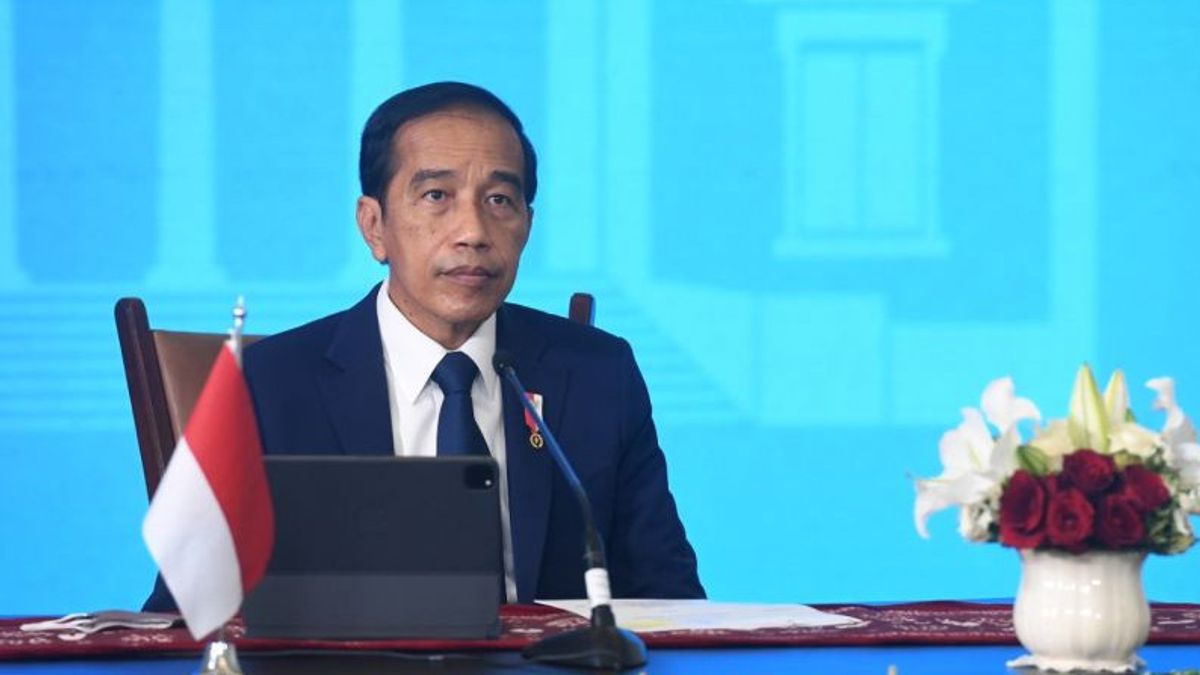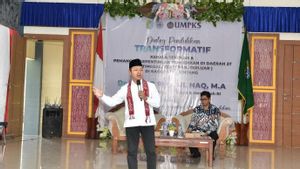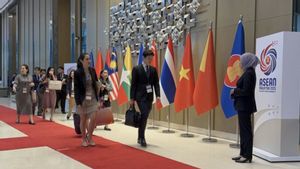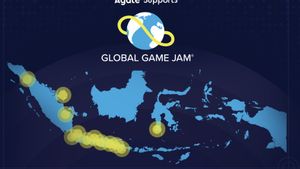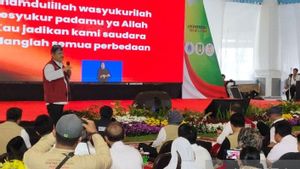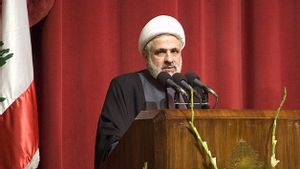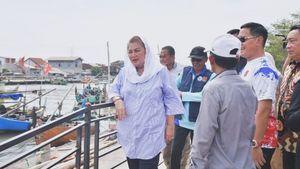JAKARTA - President Joko Widodo invited the leaders of Asian and European countries to work together to deal with the COVID-19 pandemic, which has not yet ended.
According to President Jokowi, currently more than 7.6 billion doses of vaccine have been injected, however, the gap in access to vaccines is still wide.
"(A total of) 64.99 percent of the population of rich countries have received at least one dose of vaccine, while in poor countries only 6.48 percent," said President Jokowi in his speech while attending the Asia-Europe Meeting (ASEM) Summit to -13 virtually from the Bogor Presidential Palace, West Java, quoted by Antara, Friday, November 26.
President Jokowi continued that the WHO vaccination target was still difficult to achieve. It is estimated that nearly 80 countries will not reach the vaccination target of 40 percent of the population by the end of 2021.
In fact, the President said, at the same time, more than 100 million doses of vaccine in the G7 countries were unused and expired.
"In this meeting, I invite all of us to change this situation. The WHO vaccination target must be achieved by all countries. For this reason, dose-sharing must be encouraged, vaccine production is increased, and the absorption capacity of vaccine recipient countries is increased," Jokowi said.
Meanwhile, in the long term, President Jokowi invites ASEM leaders to continue to strengthen global health governance and architecture. This will also be one of the main agendas in the Indonesian Presidency at the G-20.
"In this regard, WHO must be strengthened. The pandemic treaty must be supported by all countries and a health funding mechanism for developing countries needs to be established," said the President.
Meanwhile, regarding the acceleration of economic recovery, President Jokowi conveyed two main things that require close cooperation from ASEM leaders, namely the energy transition and digital transition.
The transition to new and renewable energy, the President continued, must continue to be encouraged, but it also needs to be placed in the context of achieving the SDGs.
"Investment and technology transfer are the keywords," said the President.
In addition, inclusiveness is also considered very important so that the gap in welfare does not widen and no one is left behind. Inclusiveness can be achieved if digital access is improved.
"The digital economy is the future of our economy. Let's work together so that we can recover together and recover stronger," he explained.
Also accompanying President Jokowi in the event were Minister of Foreign Affairs Retno Marsudi, Cabinet Secretary Pramono Anung, and Director General of America and Europe at the Ministry of Foreign Affairs I Gede Ngurah Swajaya.
The English, Chinese, Japanese, Arabic, and French versions are automatically generated by the AI. So there may still be inaccuracies in translating, please always see Indonesian as our main language. (system supported by DigitalSiber.id)
